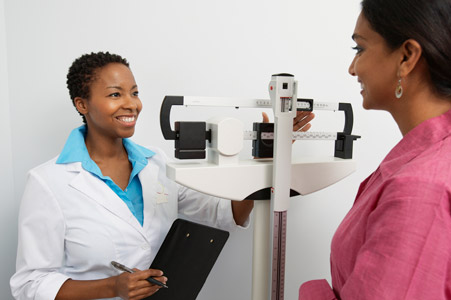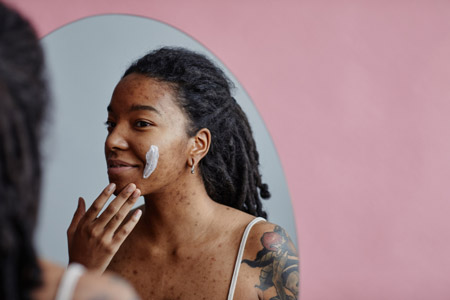

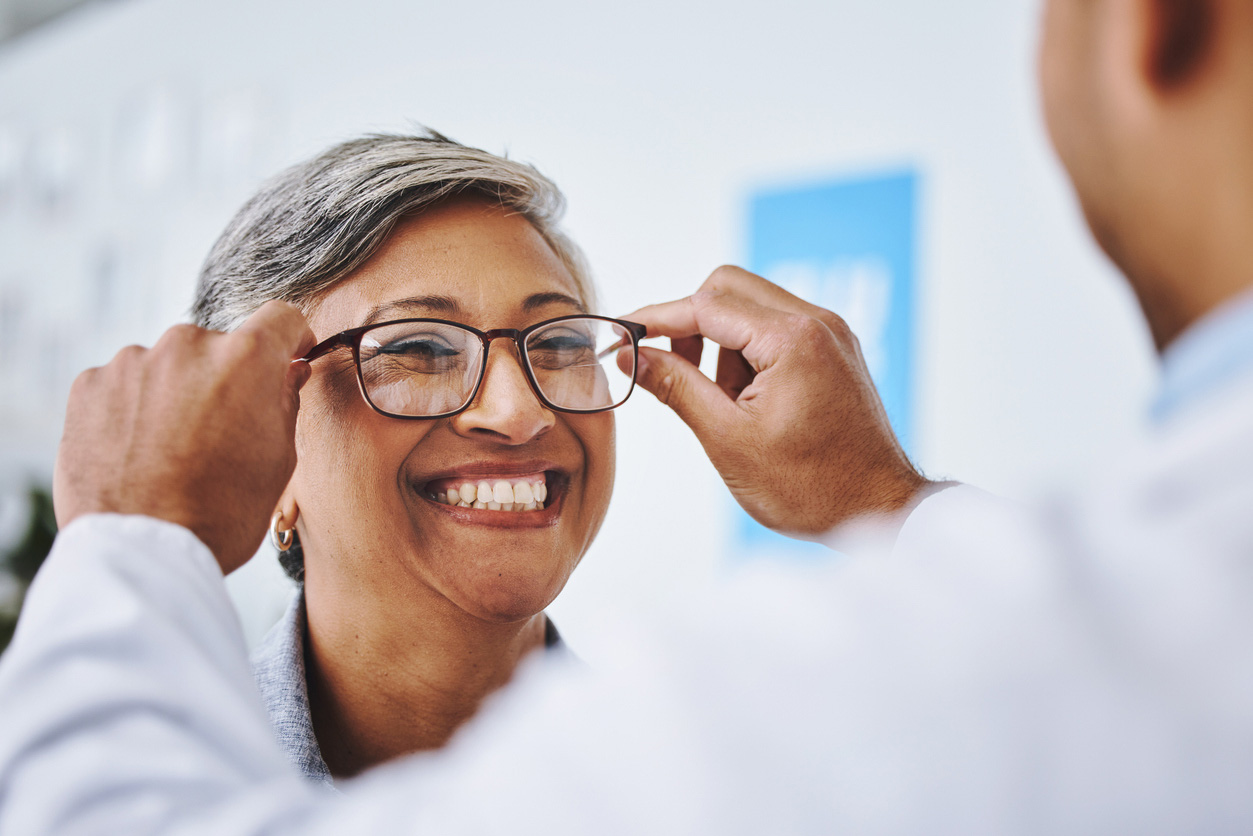
Healthy Habits for Better Eye Health
Your eyes, just like any other part of your body, thrive with proper care and healthy habits.
Incorporating a few simple changes into your daily routine can make a significant difference in your long-term eye health and vision. Let's explore some key practices you incorporate into your daily routine to keep your eyes healthy.
Nourish Your Vision from Within
What you eat plays a crucial role in your overall health, and your eyes are no exception. Certain nutrients act like superheroes for your vision.
- Load up on leafy greens: Think spinach, kale, and collard greens. These are packed with lutein and zeaxanthin, powerful antioxidants that can help protect against age-related macular degeneration and cataracts. If you're a patient on blood thinner medication (e.g., Warfarin), consume with caution because leafy greens are rich in Vitamin K, and changing the amount/frequency of consumption will result in medication working less effectively or a higher risk of bleeding.
- Embrace colorful fruits and vegetables: Carrots, sweet potatoes, and apricots are rich in beta-carotene, which your body converts to vitamin A – essential for good vision. Berries, citrus fruits, and bell peppers are excellent sources of vitamin C, another potent antioxidant.
- Don't forget the omega-3s: Found in fatty fish like salmon, tuna, and mackerel, as well as flaxseeds and walnuts, omega-3 fatty acids contribute to healthy tear production and may help prevent dry eye. If you opt for taking omega-3 supplements, be sure to consult with your provider or pharmacist before taking them to minimize risks of potential interactions with other medications you take.
Give Your Eyes a Break
In our digital-first world, our eyes work harder than ever. Staring at screens for extended periods can lead to eye strain, dry eyes, and even headaches.
- Follow the 20-20-20 rule: Every 20 minutes, take a 20-second break to look at something 20 feet away. This simple habit can significantly reduce eye strain.
- Blink frequently: When we focus intently on screens, we tend to blink less. Consciously remind yourself to blink regularly to keep your eyes lubricated.
- Adjust your screen settings: Reduce glare by adjusting screen brightness and contrast. Ensure the text size is comfortable to read. Consider using blue light filters, although more research is needed on their long-term benefits.
Protect Your Eyes from the Sun
Just like your skin, your eyes can be damaged by harmful ultraviolet (UV) radiation from the sun. In fact, UV radiation is one of the leading causes of cataracts.
- Wear sunglasses outdoors: Choose sunglasses that block 99-100% of both UVA and UVB rays. Don't be fooled by cloudy days – UV rays can still penetrate through.
- Consider wraparound styles: These provide additional protection from the sides.
- Hats are your friends: Wearing a wide-brimmed hat can further shield your eyes and the delicate skin around them from the sun's harmful rays.
Prioritize Regular Eye Exams
Even if your vision seems perfect, regular eye exams are crucial for detecting eye conditions in their early stages, when treatment is most effective.
- Schedule comprehensive eye exams: Your eye doctor can assess your vision, check for eye diseases like glaucoma and macular degeneration, and evaluate your overall eye health.
- Follow your provider's recommendations: The frequency of eye exams will depend on your age, risk factors, and overall health.
Taking proactive steps to care for your eyes is an investment in your future well-being. By incorporating these healthy habits into your daily life, you can help protect your vision for years to come. If you have any concerns about your eye health, always be sure to consult with a medical professional.
The information on this site is for informational purposes only and should not replace direct medical advice, diagnosis, or treatment from your doctor or another qualified healthcare provider.
Sources:
“What To Eat (and Avoid) When You Have Macular Degeneration.” Cleveland Clinic.
“11 Foods Full of Beta-Carotene and Their Health Benefits.” Cleveland Clinic.
“Computer vision syndrome.” American Optometric Association.
“The Sun, UV Light and Your Eyes.” American Academy of Ophthalmology.



.jpg)
.jpg)
.jpg)




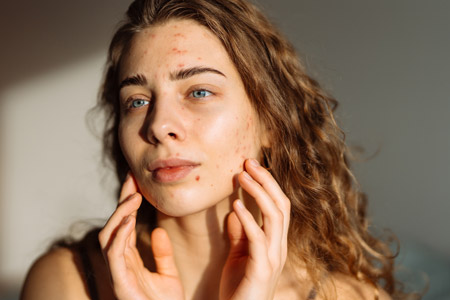













.jpg)





















.jpg)

















.jpg)



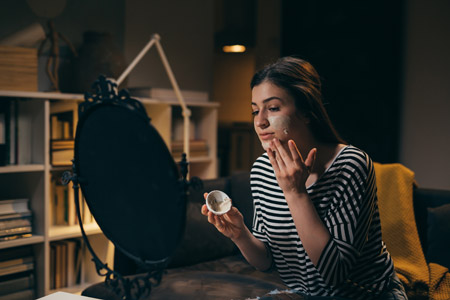






















.jpg)
.jpg)
.jpg)


